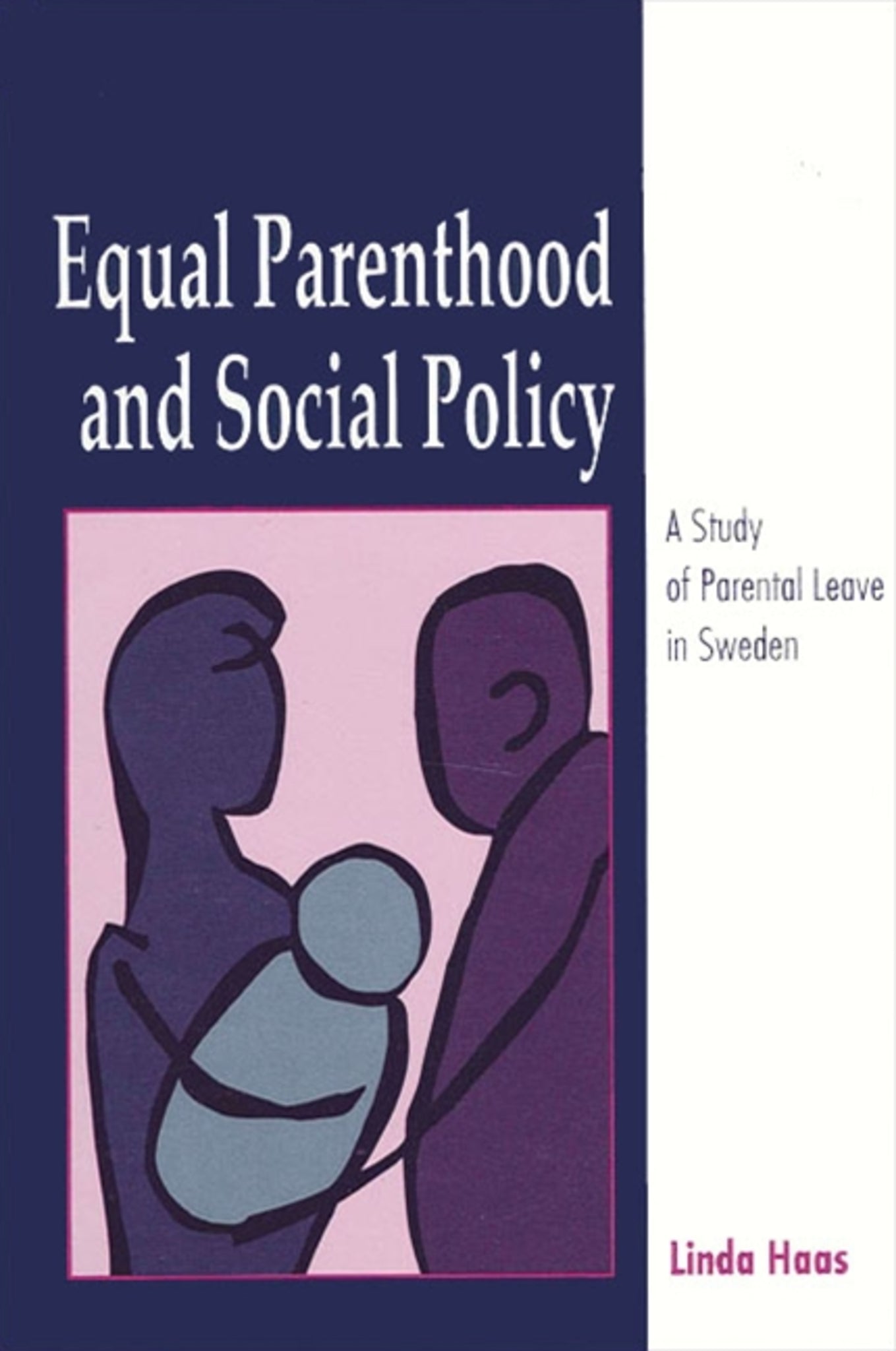We're sorry. An error has occurred
Please cancel or retry.
Equal Parenthood and Social Policy

Some error occured while loading the Quick View. Please close the Quick View and try reloading the page.
Couldn't load pickup availability
- Format:
-
01 July 1992

Sweden is the only society in the world that has as an official goal the equal participation of fathers and mothers in childcare. Equal Parenthood and Social Policy analyzes the government program which best symbolizes this commitment to equal parenthood-parental leave. With return to one's original job being assured, a Swedish couple has twelve months to divide between them so that one parent can stay home to care for their new offspring. While a few other countries, mostly in Scandinavia, have paid parental leave available to fathers, Sweden's program is the oldest and most generous, as well as the one most closely committed to realizing complete equality between men and women in every sphere of social life.
In analyzing this unique social program, Haas describes the social, political, and economic circumstances which led Sweden to take such a revolutionary stance on the issue of shared parenthood. Haas also discusses the extent to which Swedish fathers take advantage of their right to parental leave, barriers to fathers' participation, and fathers' experiences while on leave, along with the effects that leavetaking has on mothers' and fathers' later labor market involvement and participation in childcare.
This study of the Swedish program raises important questions about future prospects for equal parenthood in Sweden and other industrial societies, and, more significantly, about the potential effectiveness of social policy for bringing about the end of such a cultural universal as women's responsibility for infants.


Preface
Acknowledgments
1. Introduction
2. History and Development of Parental Leave in Sweden
3. Participation of Swedish Fathers in Parental Leave
4. Determinants of Fathers' Participation in Parental Leave
5. Daddies and Mommies at Home: Parents' Experiences with Parental Leave
6. Consequences of Fathers Taking Parental Leave for Gender Equality in the Family
7. Implications for the United States
8. Conclusion: Equal Parenthood and Social Policy
Appendix A: Methodology of the Study
Appendix B: Questionnaire and Interview Protocols
References
Index



